When Philadelphia city officials cut the ribbon on a new composting operation on Rising Sun Avenue in the Northeast last month, it was one of those seemingly rare moments where everybody wins.
Philadelphia officials were able to begin diverting food waste from 50 recreational centers scattered throughout the city, with the promise of more to follow, keeping it from landfills and receiving 75 cubic yards of usable compost back each spring.
Partner Bennett Compost, a growing private composting business in the city primarily serving residential and commercial customers, received a much-needed location to expand operations — rent free — at the city-owned facility.
And residents won, too: in Philadelphia, where every ton of waste diverted from a landfill saves the City and its taxpayers on landfill fees, but also in Chester City and Lower Bucks County, where environmental justice communities live in the shadows of trash incinerators, giant landfills, and other heavy industry. If you really want to zoom out, there’s even a climate benefit, as less waste gets hauled fewer miles and is reused in the local economy.
Most impressively, the entire arrangement comes at zero cost.
“There’s no money exchanged, which is so cool,” says Jennifer Mastalerz, co-owner of Bennett Compost.
But while the specifics of this deal are undoubtedly worth toasting, a deeper venture into the waste world underlying American society is quickly sobering.
Here in Philadelphia, Jennifer Mastalerz says, Bennett serves about 6,000 residential customers and 100 businesses, keeping more than 70 tons of food waste out of landfills each month. That’s pretty good growth from zero from when the company was founded in 2009. But the amount of waste handled by the company pales in comparison to the city’s annual total, which regularly approaches 1.5 million tons of total waste sent to landfills and incinerators.
And across Pennsylvania, research shows, the plurality of that waste is food. Wayne Bowen, senior program manager at the nonprofit Pennsylvania Recycling Markets Center, notes that the Pennsylvania Department of Environmental Protection (DEP) released a study last year for which volunteers literally sorted through tons of garbage thrown out by Pennsylvanians. Food waste topped all categories at about 17% of garbage by weight, ahead of plastic (9%) and cardboard (7%). Another 7% was compostable paper.
“So there’s a lot of opportunity to handle this stuff and divert it from landfills and incinerators,” Bowen said.
Bob Bylone, Bowen’s colleague and president of the Recycling Markets Center, notes that 72% of that waste is actually still edible food, complicating the problem. Regardless, it still means Pennsylvanians, including Philadelphians, are throwing away massive quantities of compostable material each year, wasting both food recycling opportunities and money via landfill tipping fees.
What can be learned from the new city arrangement
Those involved with the new public-private partnership between Philadelphia and Bennett say it was years in the making, with the efforts beginning in 2019. The long time from start to finish was primarily due to permitting complications. Previously, the DEP offered permits for large composting facilities or small operations on farms, but never for the kind of small to mid-size urban use such as the one now in place on Rising Sun.
So, the DEP had to work with the City and Bennett, with an assist from the recycling center, to customize the existing permits into a brand new type. But that’s much easier said than done, Bylone said. There are numerous elements to composting and a lot of things that can potentially go wrong, especially in an urban location where issues with odors or vermin can quickly affect neighbors. Developing the permit even required the involvement of the Philadelphia Water Department to ensure that stormwater runoff was taken into account.
“Composting is physical separation. It’s also chemical. It’s also biological,” Bylone said. “It’s all part of balancing the permit, and that factors into evaluation time.”
But with the permit now in place, it can serve as a model both in Philadelphia and across the state. Bowen says other communities have already expressed interest in filing for one, including a community composting effort in Pittsburgh. Mastalerz says she can see opportunities for landscapers to use it to create diffuse small-scale composting efforts, since they already collect essential ingredients from their clients.
But what’s undeniably clear is a need for robust adoption across all sectors of society: private residences, commercial businesses and public institutions.
Mastalerz estimates that Bennett has reached just 3% market saturation in Philadelphia. And while adding collection from dozens — and hopefully eventually all 156 — of Philadelphia’s rec centers is a nice boost, it doesn’t move the needle in a grand way.
Mastalerz hopes for a snowball effect. The Parks & Rec arrangement offers exposure to composting for thousands of the city’s youngsters.
“I feel like the rec center is an opportunity for [composting] to become a reality for the next generation, and to hopefully become more mainstream and part of their norm,” Mastalerz says.
But it’s the adults in the room who can make a difference right now. Federal and state regulators have it within their power to continue innovative approaches to waste management, setting favorable conditions for the growth of composting operations. But it’s ultimately up to individuals and officials to open their doors, including those of much bigger institutions across the city’s myriad offices and buildings, as well as the Philadelphia School District, in order to move from incremental change to transformative.
“I would absolutely love that,” Mastalerz said. “Let’s make it happen.”
Grid publisher Alex Mulcahy is a co-owner of Bennett Compost.

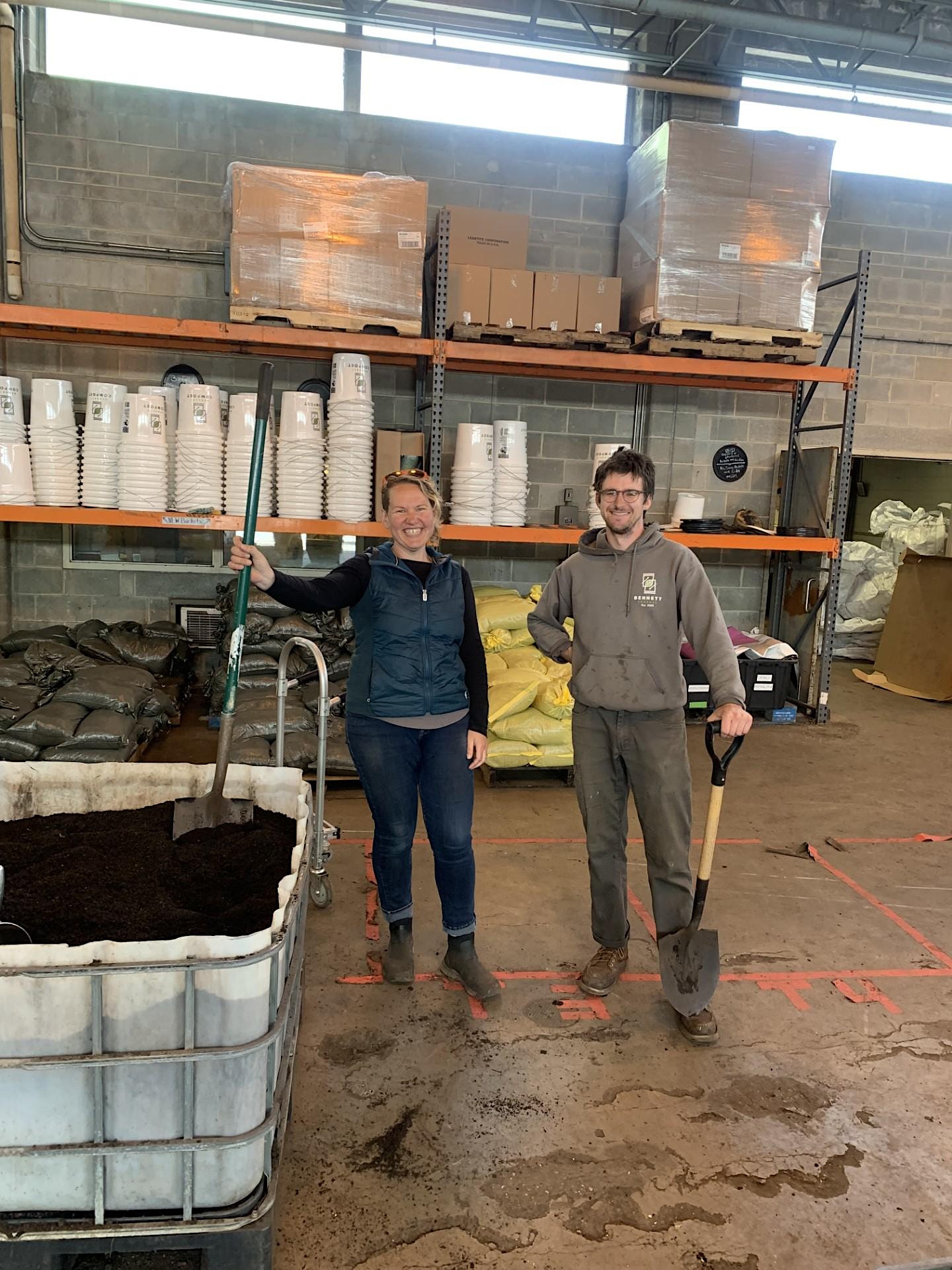
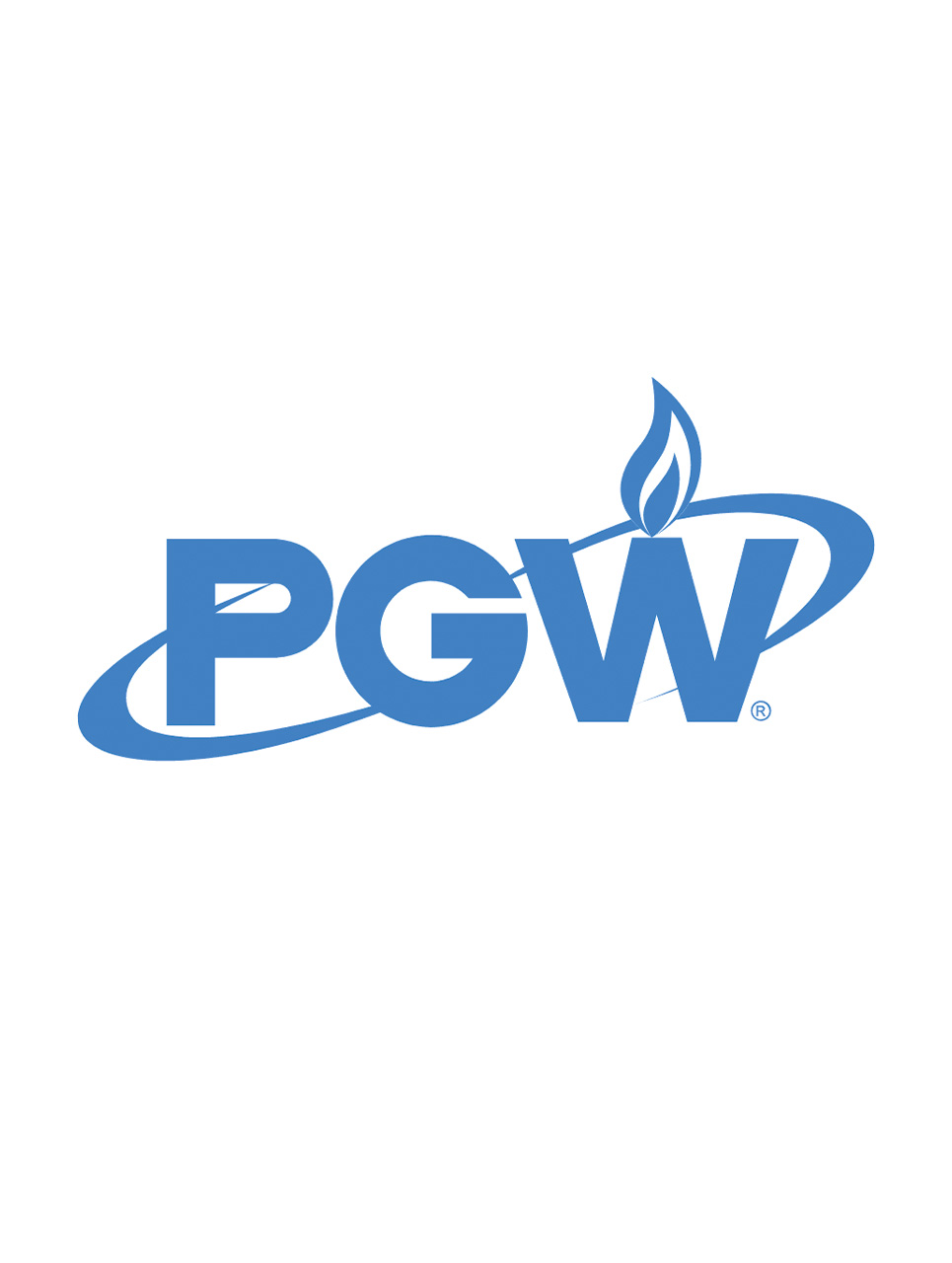
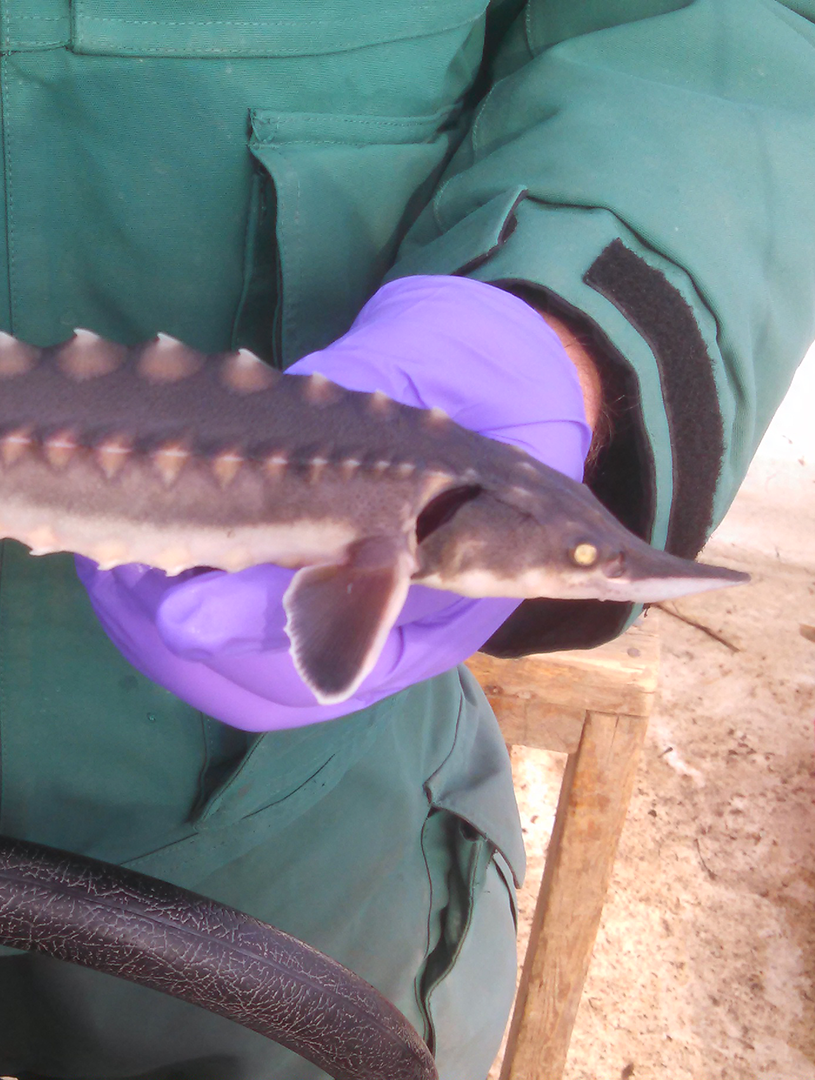
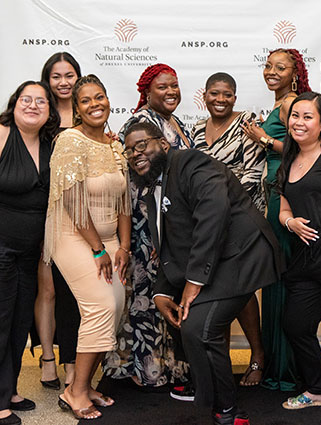


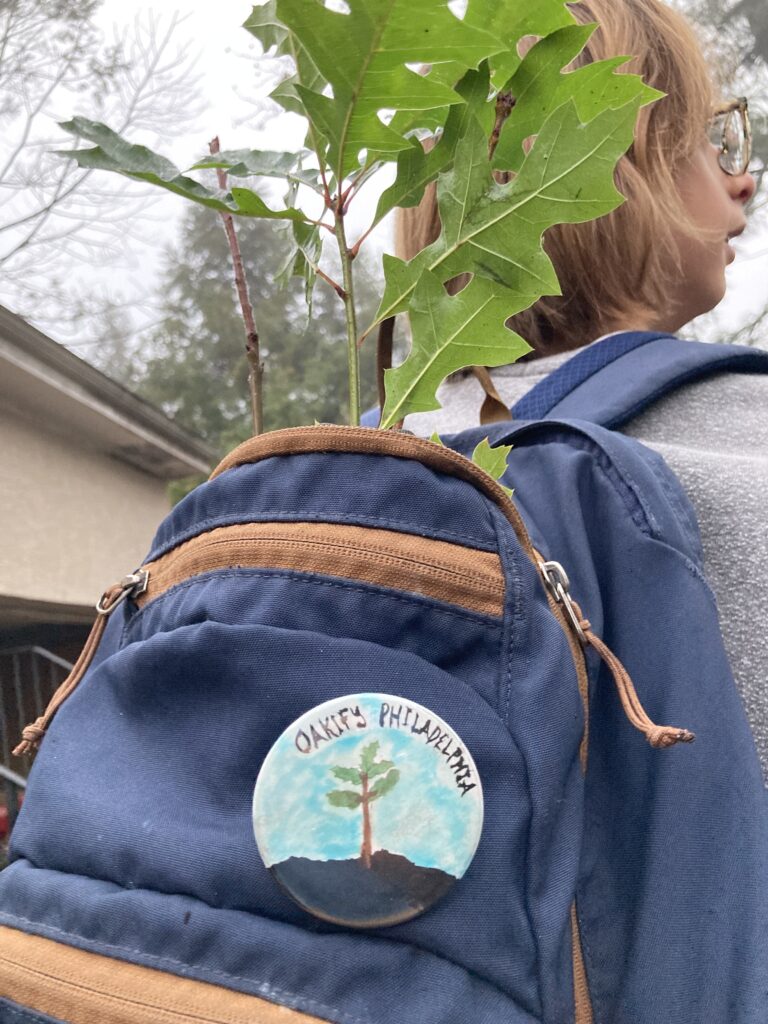
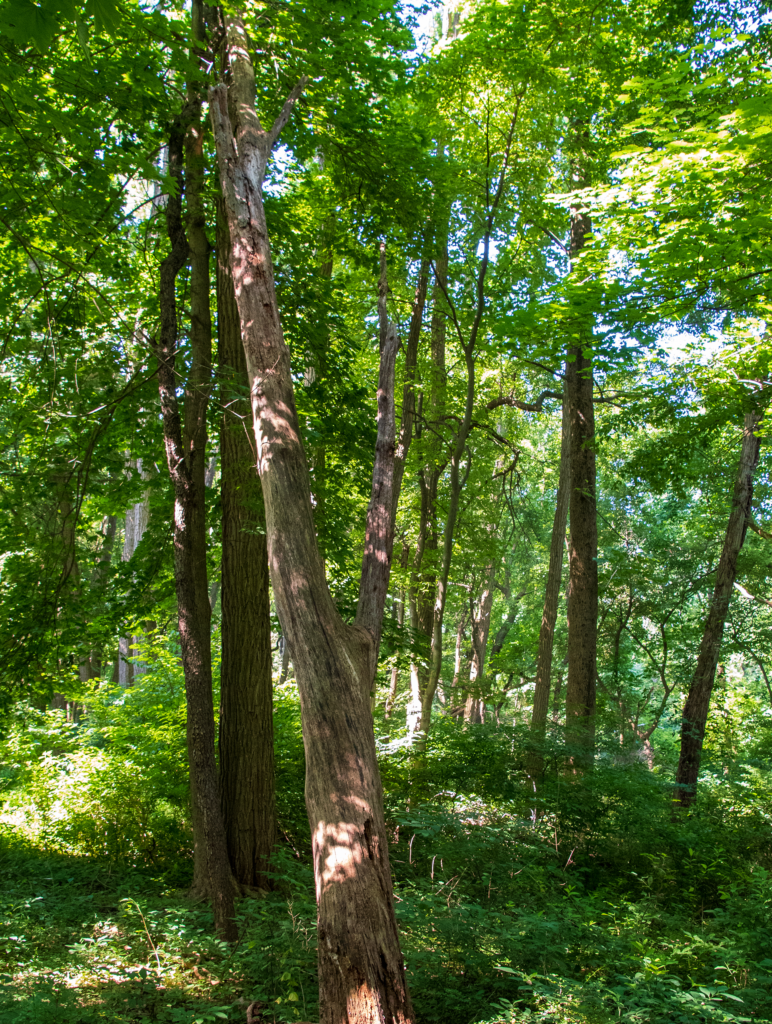
I’m a residential Bennett Composter user, and have been for a year or so. I am surprised that I regularly fill my 5 gallon compost bucket every week, but such food waste as melon rind, corn husks and cobs, peach skins and pits and banana skin would otherwise go in the residential trash collection.
An important issue is that I pay $18.00 per month to have this service, while trash pick-up is free for residents. This fee needs to be examined if we really want to substantially increase residential composters.